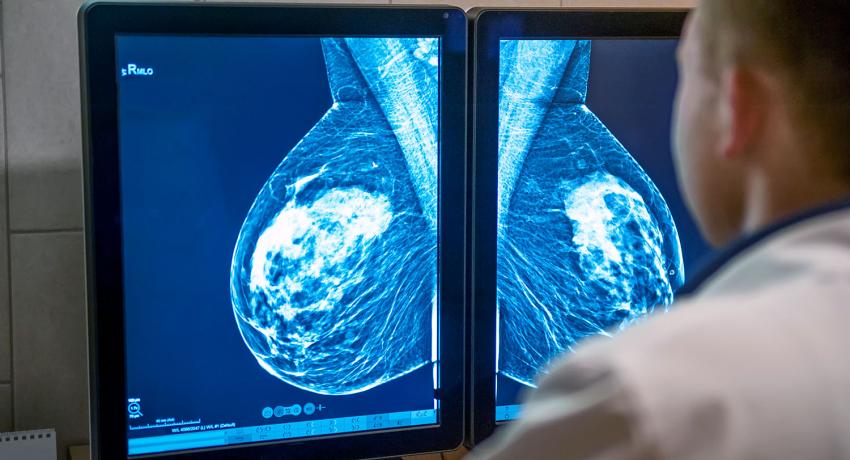Improving Breast Screening

Can we provide better, individualized recommendations for screening? Guidelines for mammography indicate annual screening for most women, providing a “one-size-fits-all” approach to the detection of breast cancer. However, as our understanding of this disease has improved, a better picture of risk factors is now developing – some women have higher risk than others (and conversely, some have lower risk). As part of a PCORI-funded pragmatic trial, the WISDOM Study, the Center for SMART Health is helping to test different screening schedules (one based on risk, another based on age). The goals of the 100,000 subject study are to determine:
- If the risk-based screening schedule helps decrease false alarms that lead to unneeded tests or treatments;
- How women feel about using a risk-based screening schedule;
- If the type of schedule affects how much women worry about breast cancer;
- Whether women who learn that they are at high risk take other steps to reduce their chances of getting cancer; and
- How well each screening schedule detects cancer.
Current Projects
Assessing Sleep Berkeley: Sensing in Rehabilitation Centers COVIDCompare.io: Global COVID-19 Mortality Forecasting Deploying Universal Consent & Return of Results Detecting Cognitive Changes Detecting Health Problems Earlier Enhancing Lung Cancer Screening Helping the Elderly Regain Independence Improving Breast Screening Improving Colon Cancer Screening Inflammatory Bowel Disease Integrating Pros into the EHR Large-scale Rehabilitation Center Sensing Monitoring Febrile Neutropenia Predicting Chronic Kidney Disease Predicting Future Hospitalizations Remote Monitoring of COVID-19 Symptoms Understanding COVID-19 Risk Perception and Behaviors Understanding Depression & Anxiety Understanding Obesity Understanding Pediatric Asthma
